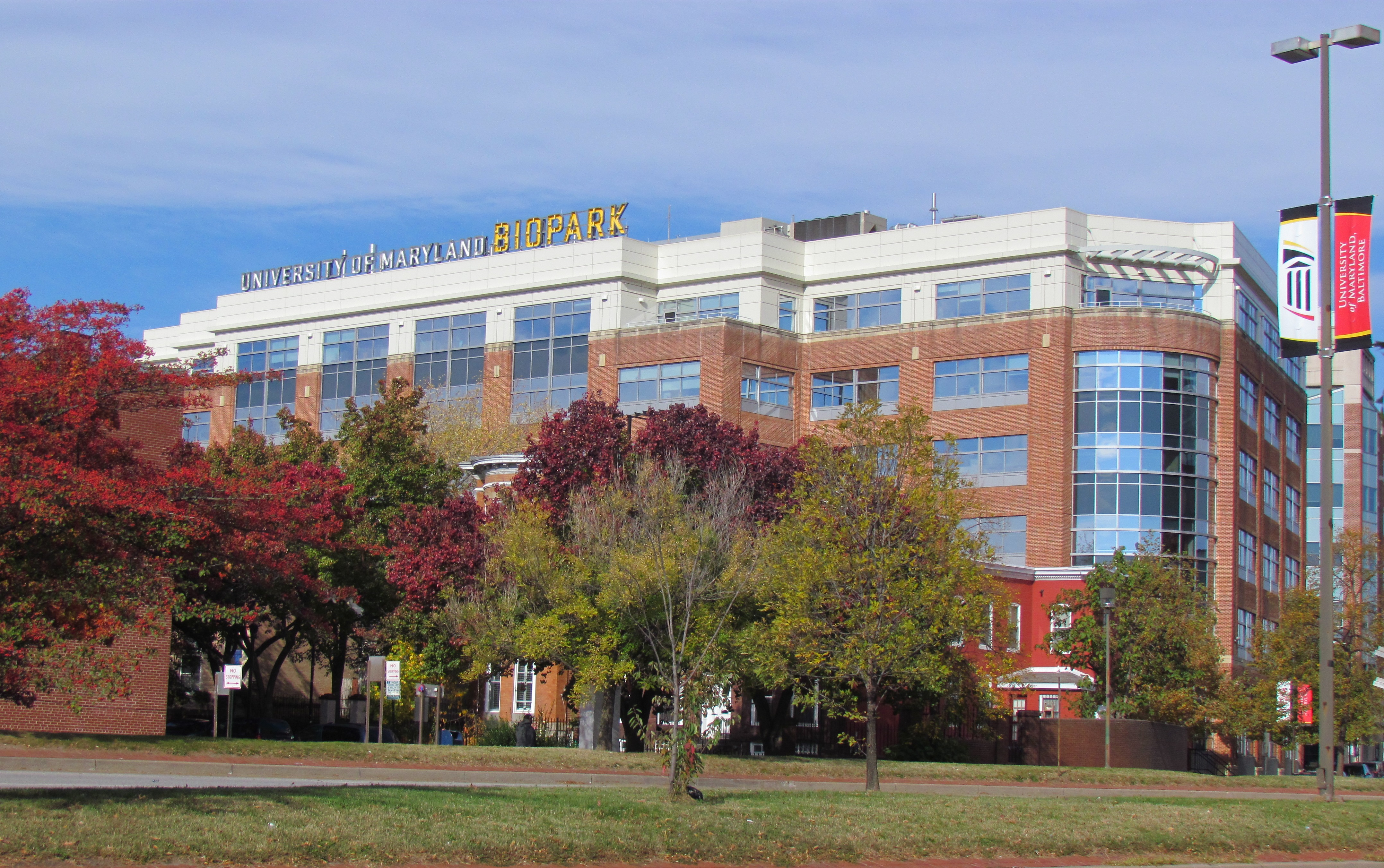St. Louis biotech KaloCyte joins UM BioPark, consolidates team in Baltimore
By Carley Milligan – Sep 24, 2019, 7:47am EDT Digital Editor, Baltimore Business Journal
A St. Louis biotechnology company backed by $6 million in funding has relocated to a small space in one of the University of Maryland, Baltimore’s research facilities.
KaloCyte joins as an affiliate of the university’s BioPark, or biomedical research park, with the goal of bringing its synthetic red blood cell substitute to market. The product, called ErythroMer, is designed to take the place of blood in trauma situations or other times when it may be unavailable.
Blood loss after trauma is the most common cause of preventable death, killing an estimated 25,000 people in the U.S. annually, according to CEO Elaine Haynes. She explained that KaloCyte’s product is designed to be a universal option, meaning compatible with all blood types, and can be freeze dried and stored for long-term use unlike real blood.
Haynes hopes her team will be able to bring the product to clinical trials within three years, with the support of the BioPark incubator and other resources within the University of Maryland School of Medicine, such as the new Center for Blood Oxygen Transport and Hemostasis.
The center was formed by KaloCyte’s co-founder and chief of science officer, Dr. Allan Doctor, and relocating the company to be nearby was key to the success of both, Haynes said.
“One of the things that was attractive to us was the fact that the incubator and the academics are under the same system,” Haynes said. “Coming from an environment where those institutions are separate, having both supporters in the same system creates an incredibly collaborative environment that allows for accelerated innovation. It’s impressive.”
KaloCyte was also drawn to Baltimore for its proximity to other resources like the university’s Shock Trauma Center and other research facilities, as well as military hubs and federal regulators.
The product has potential military interest as well, Haynes said, and the Department of Defense and NIH have contributed about $5 million of the company’s funding. The company also raised $800,000 in seed money from friends, family and angel investors.
Haynes said the company will launch a Series A round in mid-2020, although she isn’t sure yet how large the round will be. Whatever the size, she expects it to carry the company through to clinical trials. Once that process begins, it’s typically about five to 10 years to market for a product such as ErythroMer.
The move will help bring KaloCyte’s core team together — previously they were spread out across multiple universities, Haynes said. Co-founder and bioengineer Dipanjan Pan, who invented the particle that makes up KaloCyte’s product, is a professor at the School of Medicine and taken a director position at the Center for Blood Oxygen Transport & Hemostasis.
Haynes said two of her scientists are also already in Baltimore and she’s hoping to hire three more by the end of the year.
For now, KaloCyte is working out of a roughly 500-square-foot space in the university’s research facility at 670 W. Baltimore St., as the BioPark is fully leased. The company plans to take space inside a new 330,000-square-foot lab and office tower, set to be completed in 2021.
The new building at 801 W. Baltimore St. is owned by Ventas Inc., a life sciences real estate investment trust, and is part of a larger development managed by Wexford Science + Technology. Wexford is designing the $180 million tower, which is expected to bring about 1,000 new jobs to the city.
The 14-acre BioPark adjacent to the university’s downtown campus is home to more than 40 companies, including locally-born powerhouses like Paragon BioServices.

